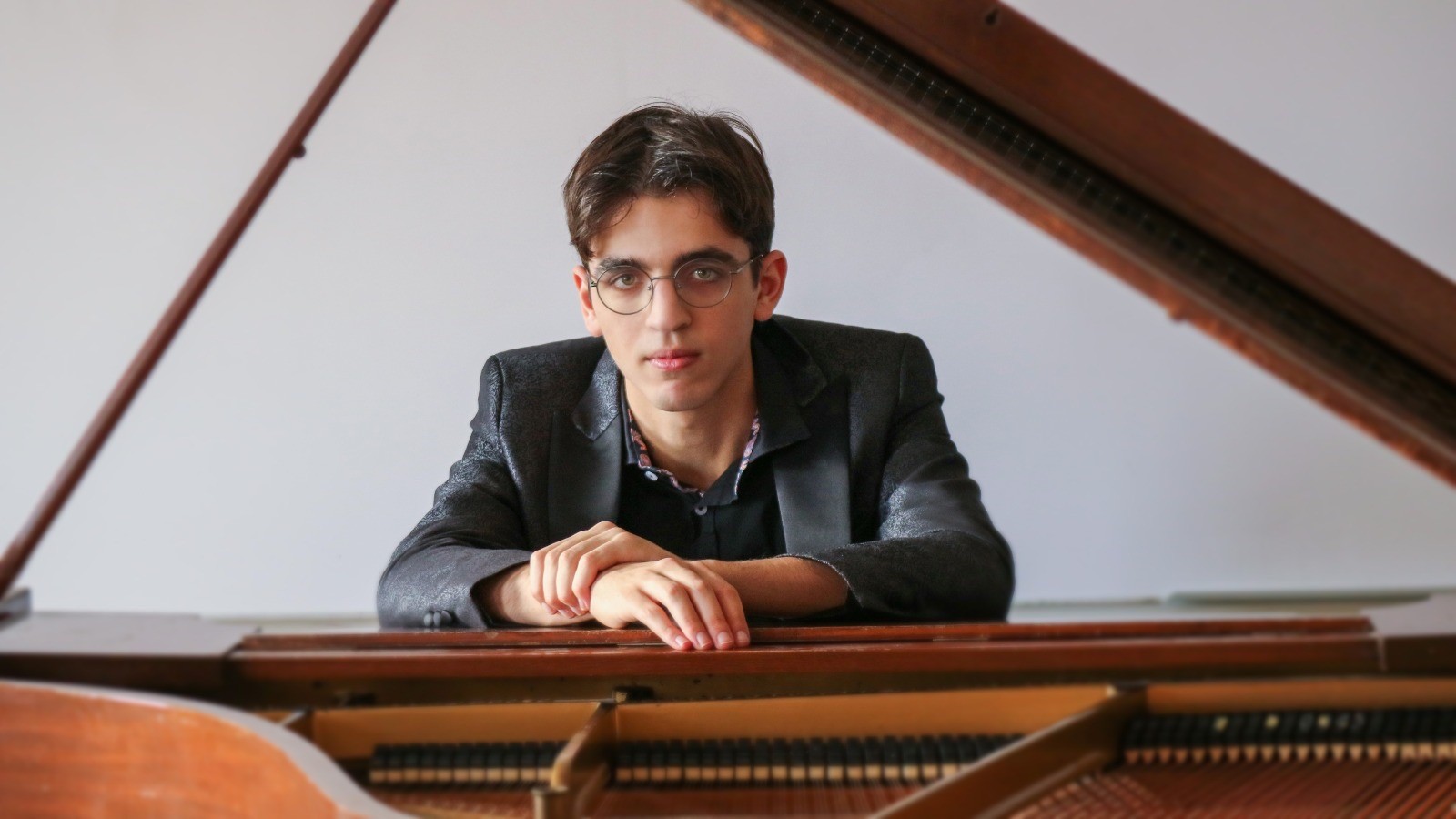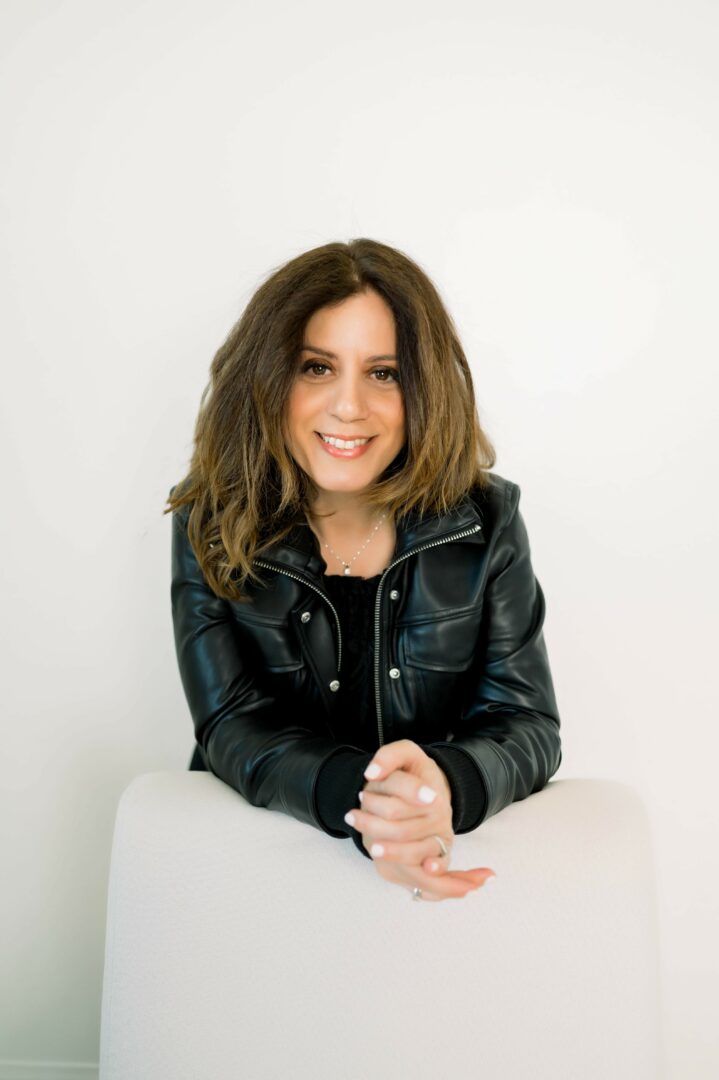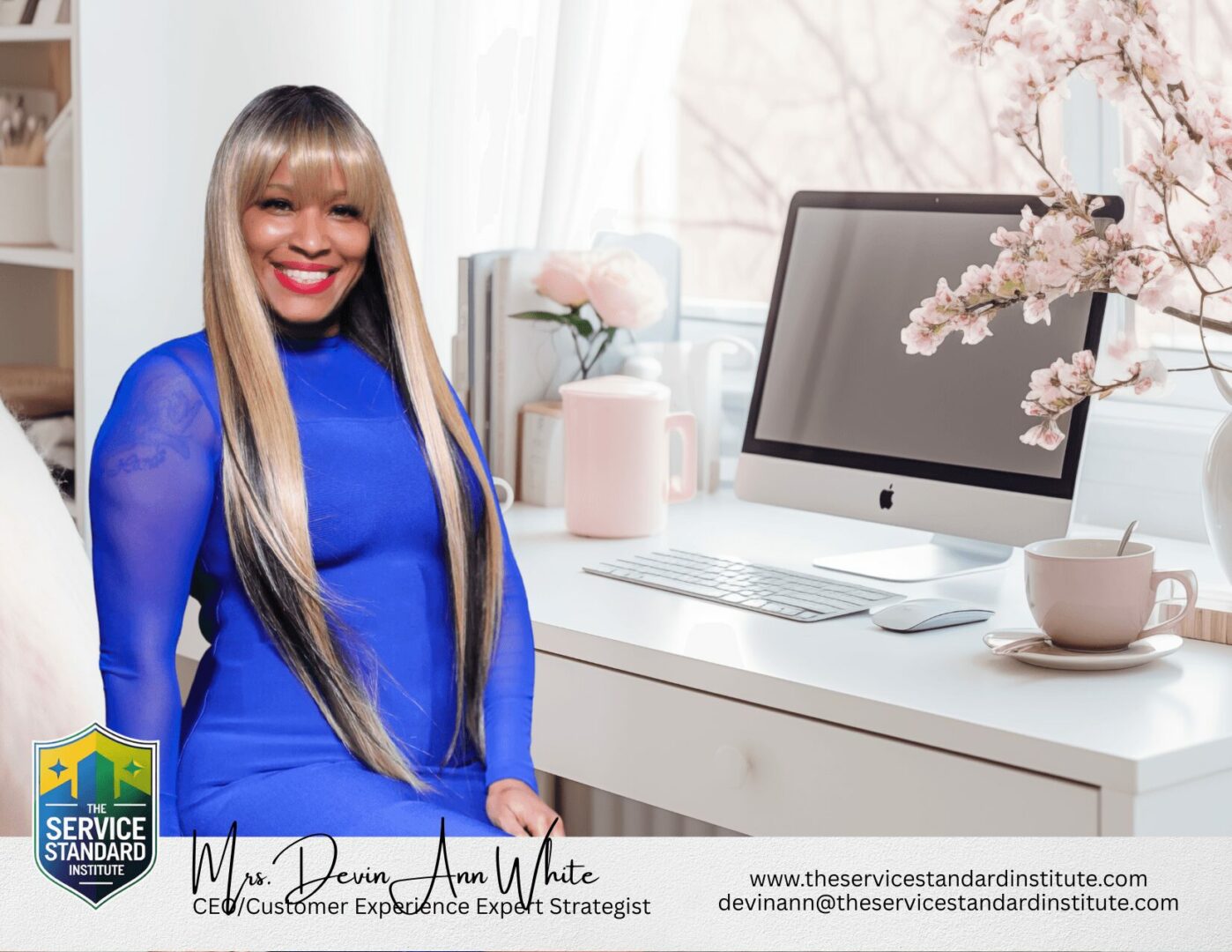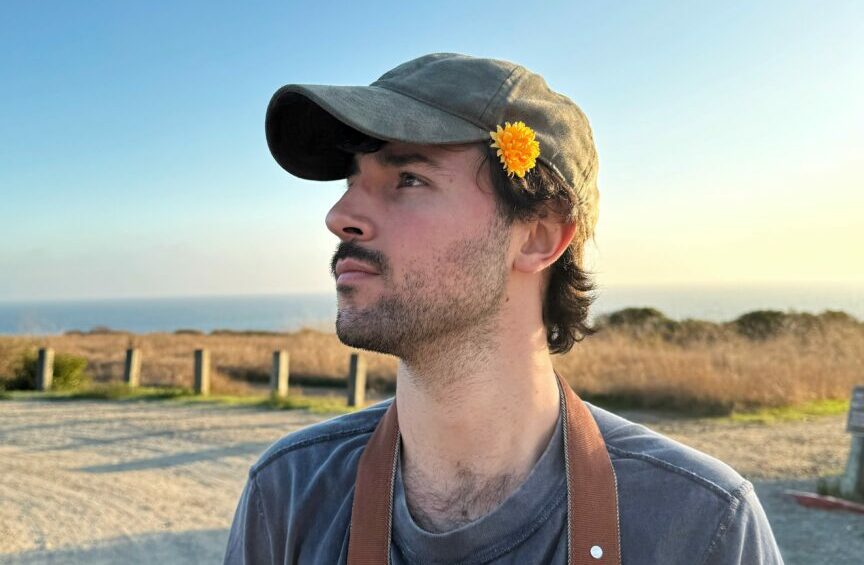Alright – so today we’ve got the honor of introducing you to AviShai Dayanim. We think you’ll enjoy our conversation, we’ve shared it below.
AviShai, so great to be with you and I think a lot of folks are going to benefit from hearing your story and lessons and wisdom. Imposter Syndrome is something that we know how words to describe, but it’s something that has held people back forever and so we’re really interested to hear about your story and how you overcame imposter syndrome.
Imposter syndrome is an experience that I believe every artist has felt at some point. I think the key step in overcoming imposter syndrome is realizing that everyone experiences it in one form or another. As a dual degree student at Johns Hopkins University and the Peabody Institute, it is easy to feel like I don’t belong in each of my degree fields (B.S. in Computer Science and B.M. in Music for New Media, respectively). I remember genuinely believing that every person around me was somehow better. They could learn faster, orchestrate better, hear things I could never dream of. With time, I came to understand that I had a combination of unique skills and talent that no one else had, and each of my peers had theirs. Instead of feeling that I didn’t belong because a peer had a skillset that I didn’t, I decided to learn from them. Soon enough, an environment that fostered collaboration over insecurity began to thrive. I learned new skills from others, and discovered that I had my own strengths that could benefit my community.
Thanks, so before we move on maybe you can share a bit more about yourself?
I am a composer, producer, orchestrator, and most importantly, a storyteller. I write music for media, ranging from short films, to theater productions, to video games, each telling a story within the constraints and power of its media form. As an avid consumer of all forms of media, the most exciting part for me is simply being involved. Being part of a story, and being able to elevate and contribute to a narrative through music is such a special and unique opportunity. The reward comes in varying forms as well. Seeing the director’s reaction to my music when I hit the nail on the head, sharing the project with a new audience, viewing my name in the credits on a finished project, or simply hearing my music become a part of the complex puzzle that is media all remind me of how lucky I am to write music.
Recently, I wrote music for a short film called The Velvet Rose. I had a blast writing an orchestral-jazz noir score, a style that was newer for me at the time. The score, which has been released on most major streaming platforms, has won four international awards for “Best Original Score,” which has been such an honor and privilege. While I don’t believe that awards and competitions are fair judgments of an artist’s work, the recognition and affirmation still mean so much.
Currently, by leveraging my Computer Science degree studies, I have had a lot of fun writing music for video games. Composing music for a game presents new and unique challenges, such as writing music that can adapt immediately and coherently with the choices that a player makes. I have a new project that I am very excited about in the works, and hope to share it with the world soon!
Looking back, what do you think were the three qualities, skills, or areas of knowledge that were most impactful in your journey? What advice do you have for folks who are early in their journey in terms of how they can best develop or improve on these?
Communication. Criticism. Community. I think those are the three pillars of being successful as an emerging artist, specifically a composer for media. Communication is key. As a composer, we talk in the language of music, which most other members of a team do not speak. You need to be able to translate a director’s or developer’s vision into a narrative told through melody, harmony and orchestration. Being able to genuinely communicate with musicians and non-musicians alike will not only foster a healthier work environment, but also allow you to unlock the final vision.
It is also important to be able to embrace and be receptive to criticism. When starting as an artist, it is very easy to become incredibly attached to one’s work, and therefore, it can be frustrating to hear critiques on your art. However, being open minded is so important. As a composer for media, you are rarely writing for yourself; rather, you are composing music that accompanies another artist’s work. As such, you need to be able to write music that fits that artist’s vision, and sometimes, the way they frame their feedback can feel hurtful. Being able to take a step back, and realize that criticism is rarely ever personal makes this process so much easier. I have also found that often, even if an idea or feedback sounds odd at first, it has led to incredible improvements in my music and closer to the desired vision.
Lastly, I want to touch on community. I surround myself with musicians, filmmakers, game developers, and artists, not because I seek opportunities from them, but because we have genuine overlapping interests and passion. I develop real friendships with people and foster a community that I care for – enabling me to grow as an artist and member of a greater community. These relationships not only offer the support that friends do, but they are able to share passion, insight, mentorship, and opportunity.
Before we go, maybe you can tell us a bit about your parents and what you feel was the most impactful thing they did for you?
My parents believed in me. It is understated how much the feeling of support can motivate and inspire you. Feeling that unwavering support from the most important people in my life is truly an unmatched feeling. It reassures me and fuels my passion to write music that they will appreciate and enjoy. They are usually the first people to listen to my music when it is still a draft, and the last before I send out the finalized product. Their support and guidance have made me stronger and they have taught me to stay true to myself, both as an artist and as a person, and to always pursue my dreams.
Contact Info:
- Website: https://www.avishaidayanimmusic.com/
- Instagram: https://www.instagram.com/avishai_dayanim_music/?hl=en
- Linkedin: https://www.linkedin.com/in/avishai-dayanim-06025b224/
- Youtube: https://www.youtube.com/channel/UCWjfS8FvxOnzdil7Ar0jSJA
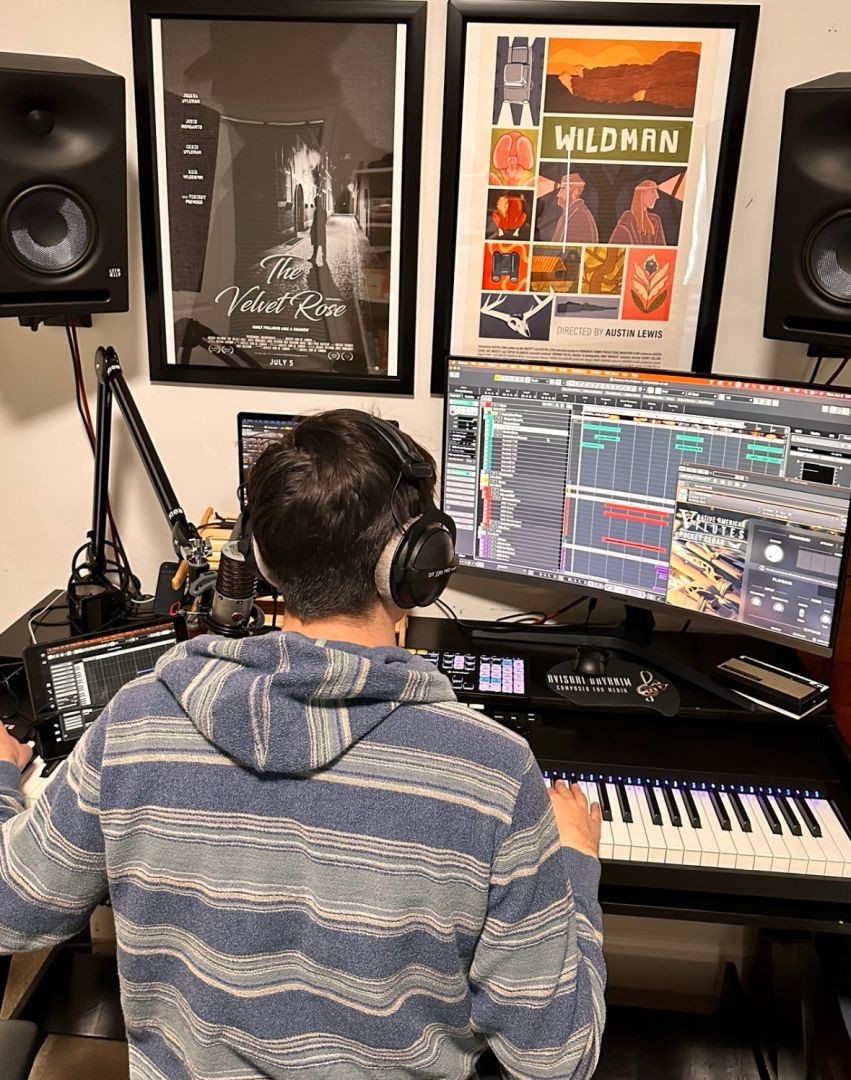
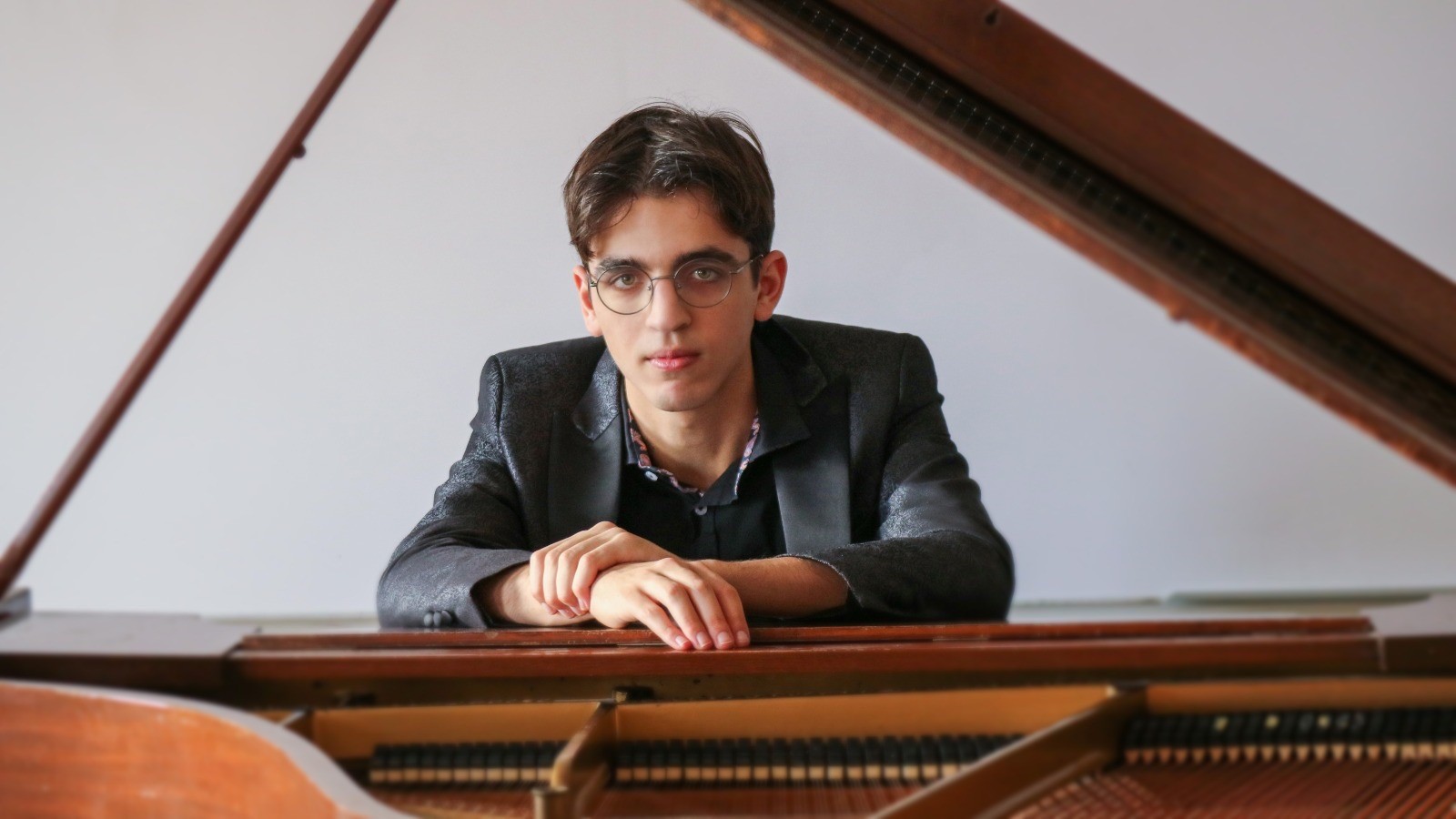
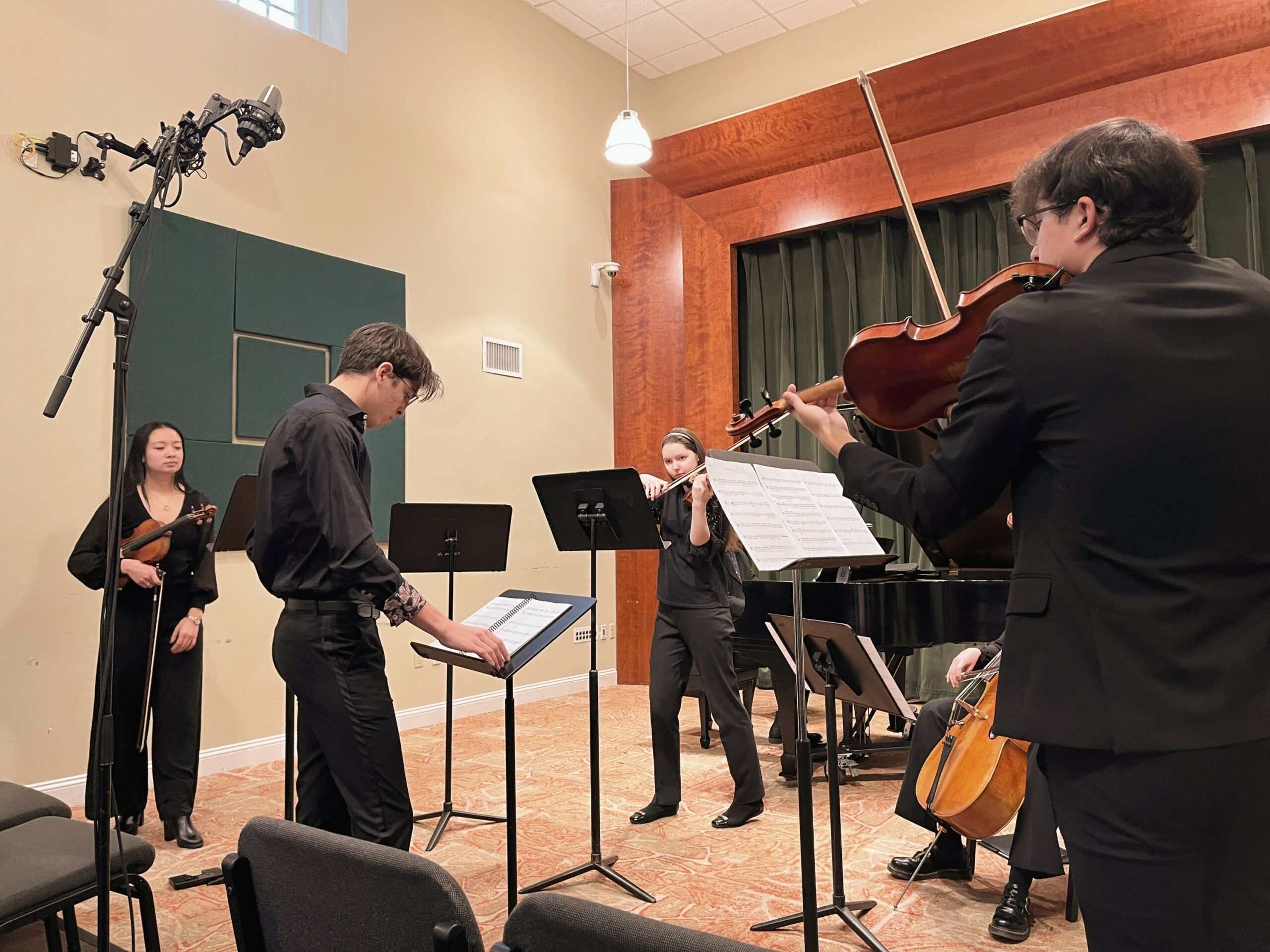
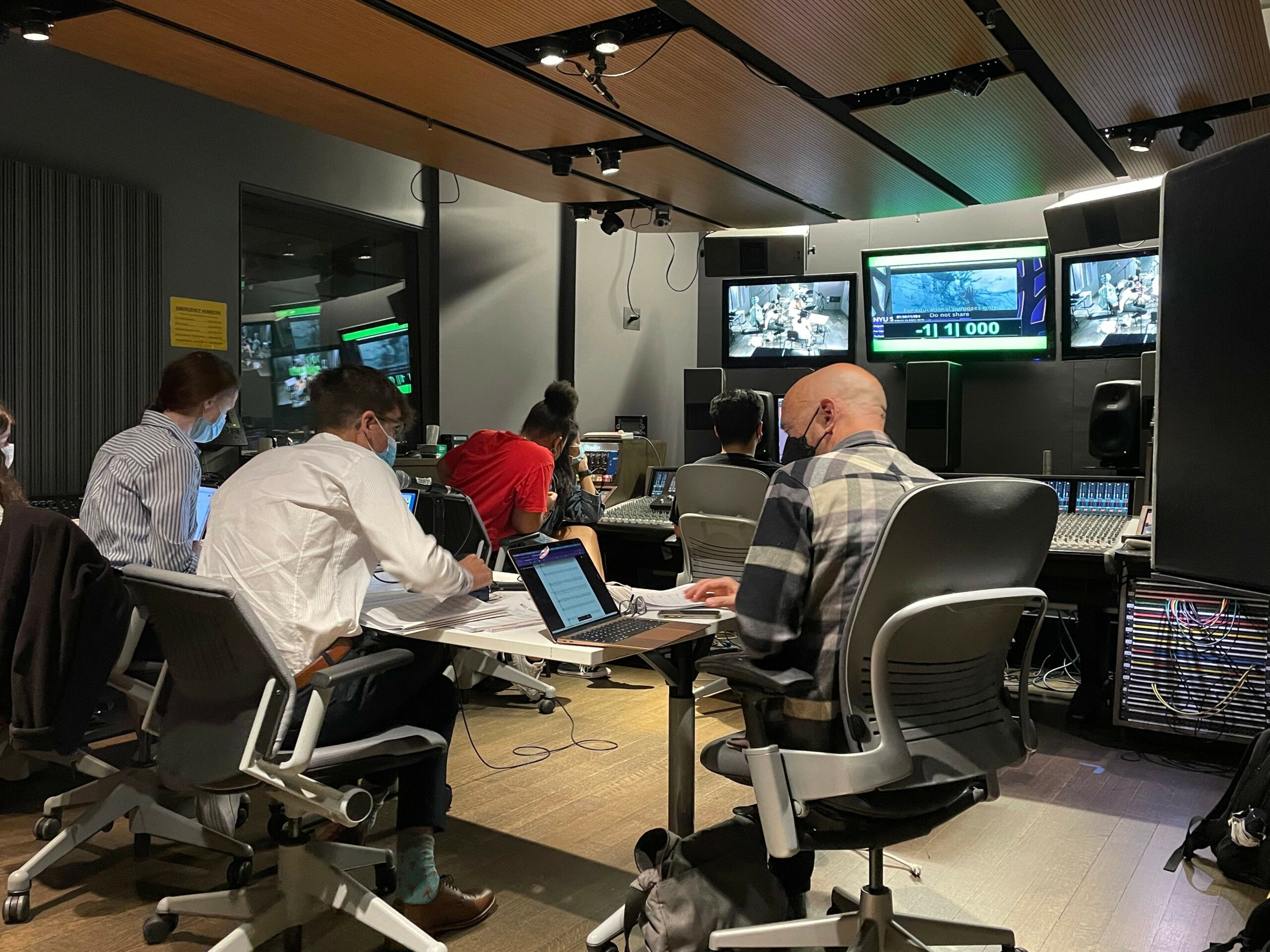
Image Credits
Jaiden Wettstein and Marcus Hart

